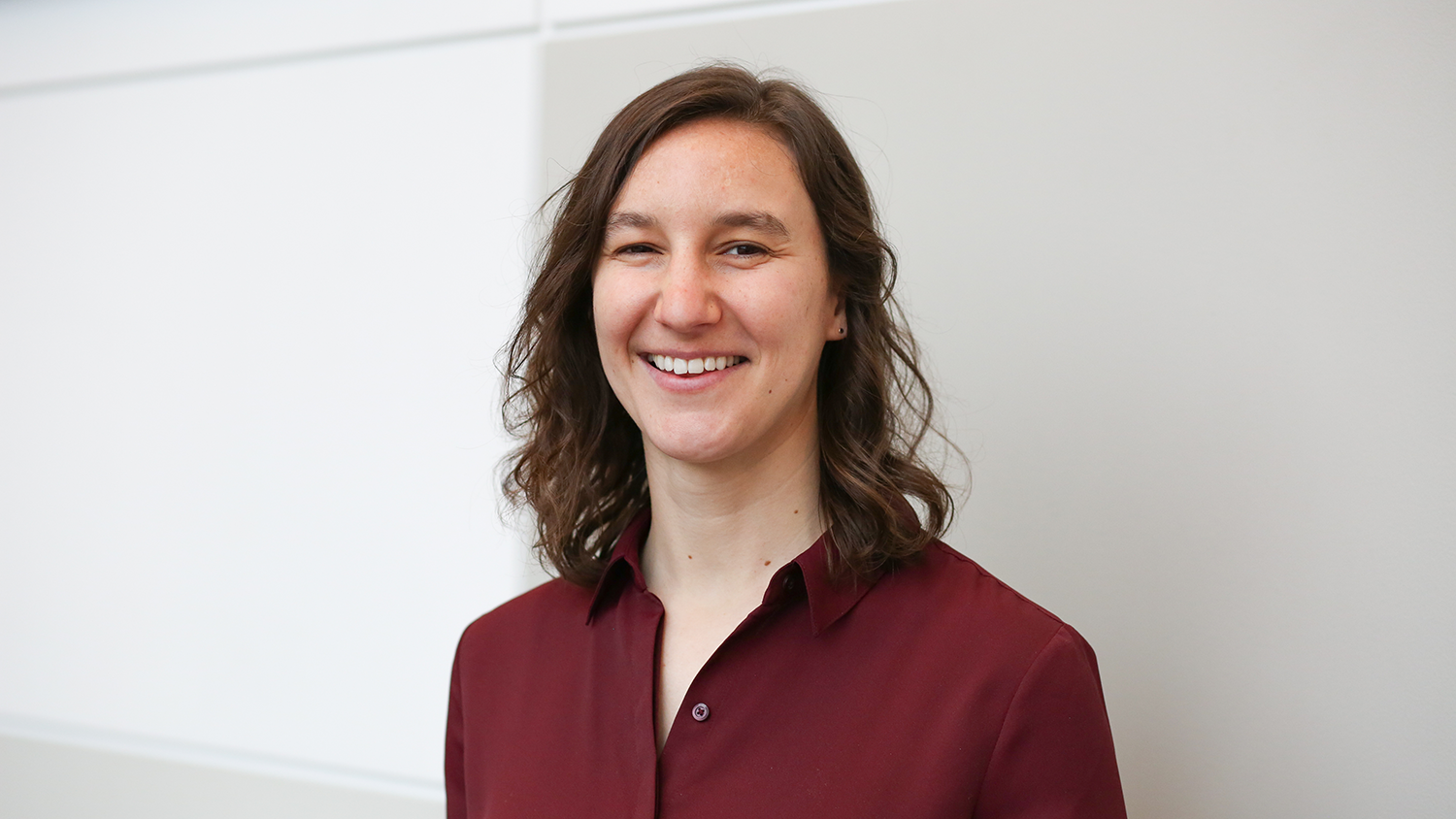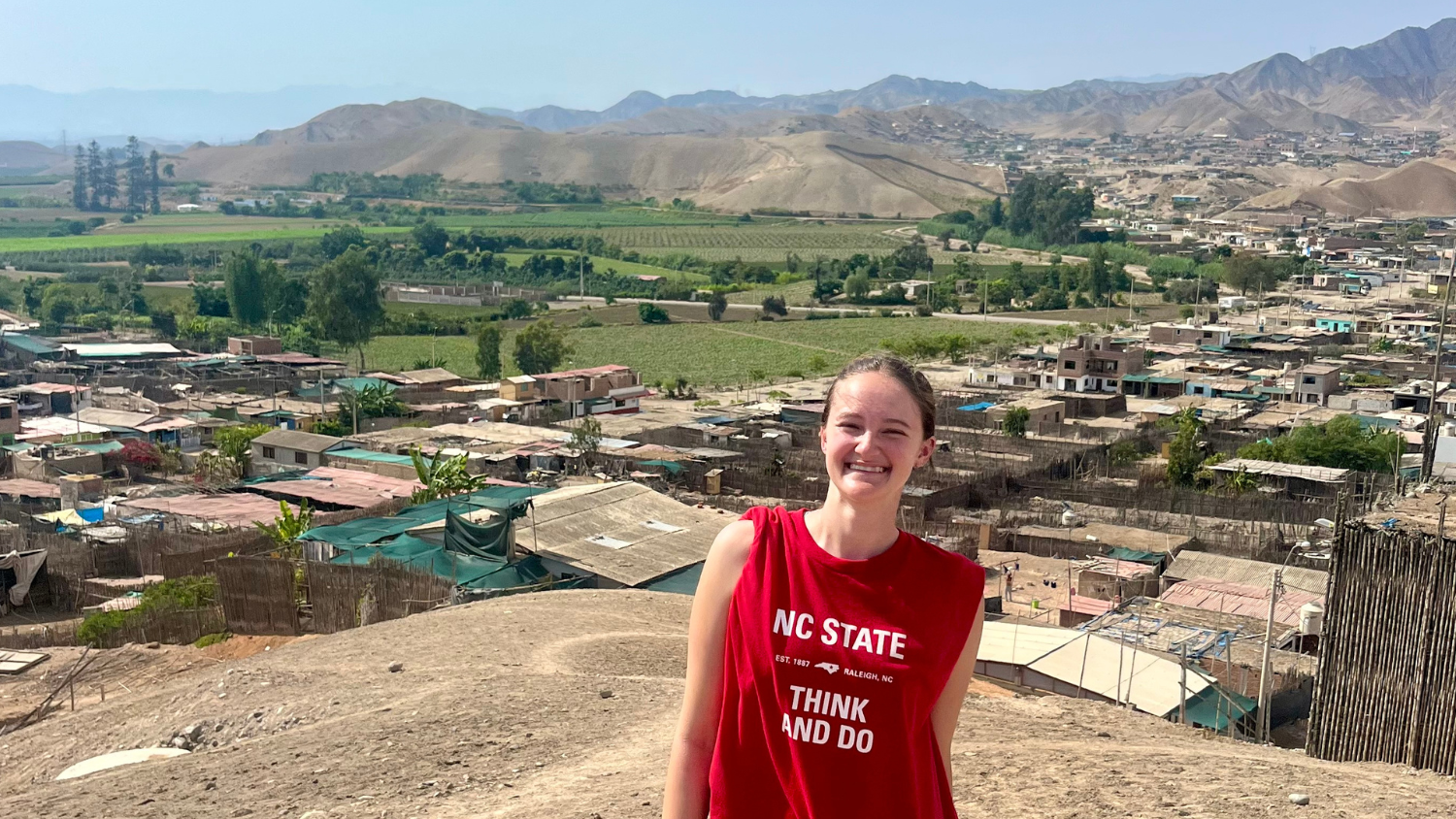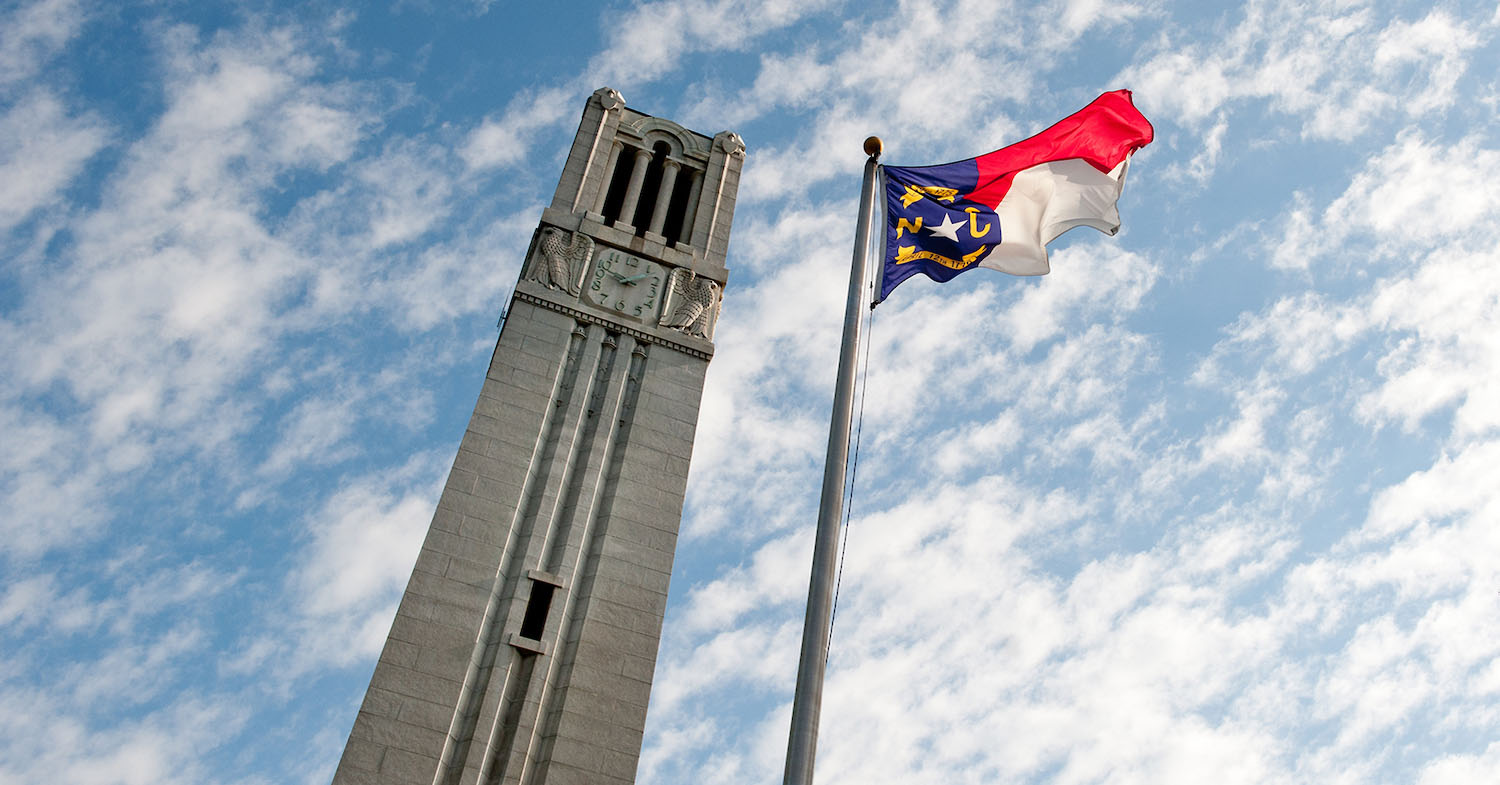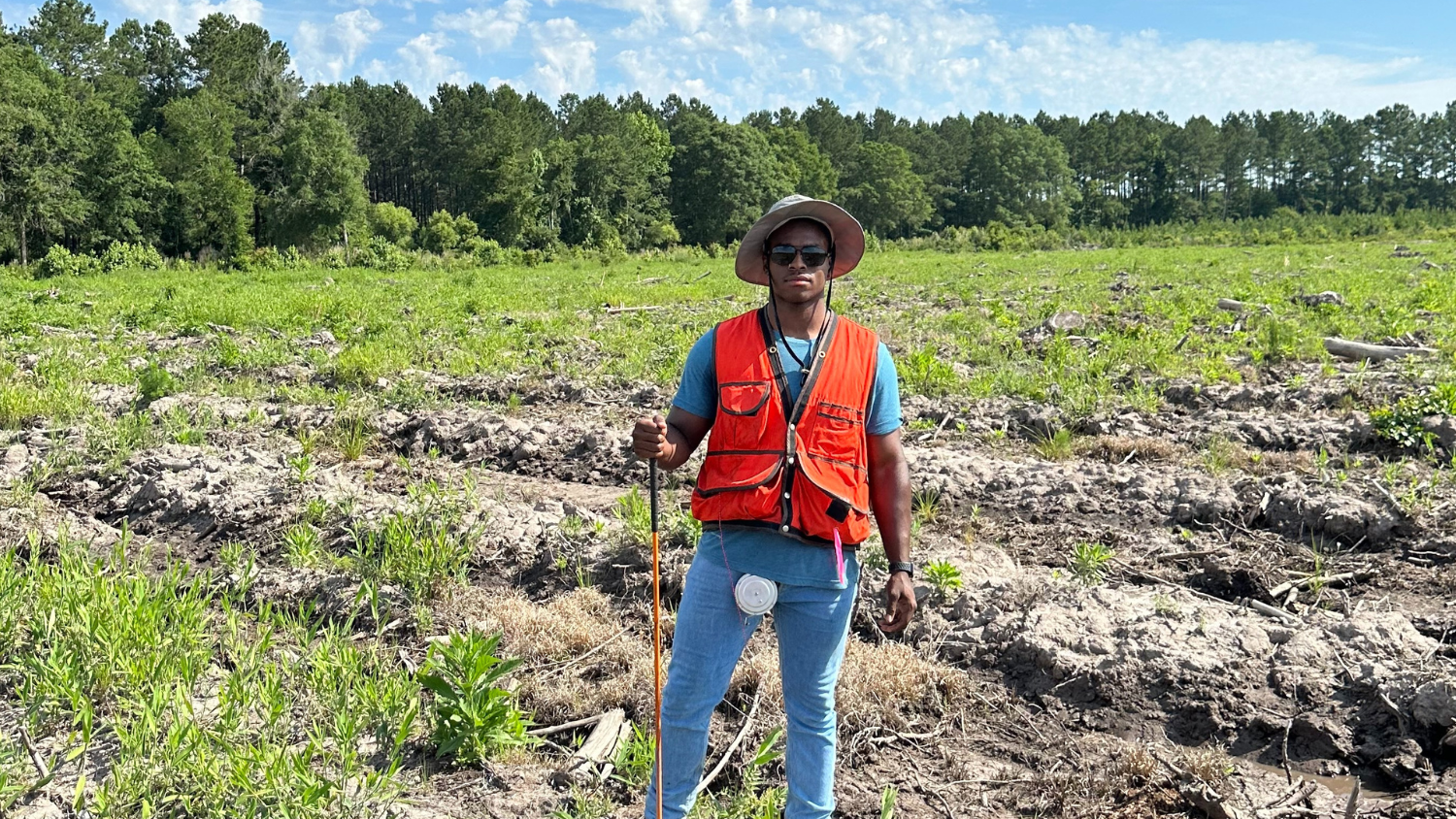Morgan Arteman is a Ph.D. candidate in the Department of Forestry and Environmental Resources at the College of Natural Resources. She is one of two students from the college to be named to the inaugural class of Goodnight Doctoral Fellowship recipients.
Launched in December 2022, the Goodnight Doctoral Fellowship provides an annual stipend of up to $40,000 to each recipient in support of their education and research. It is made possible by a partnership between Dr. Jim and Mrs. Ann Goodnight, longtime NC State supporters and alumni, and the Goodnight Educational Foundation and NC State.
When asked how it feels to be named a Goodnight Doctoral Fellow, Arteman said: “I feel incredibly fortunate to have been selected in the inaugural class of Goodnight Doctoral Fellows. This fellowship will enable my family to be more financially stable while I continue my education and research. I appreciate the opportunity to represent natural resources research on this stage.”
Arteman earned a bachelor’s degree in forestry from Southern Illinois University Carbondale in 2015 and then a master’s degree in forest resources and environmental conservation from Virginia Tech in 2017. She expects to graduate from NC State in December 2023.
For her doctoral thesis, Arteman is studying the effects of harvesting on tree physiology and growth and ecosystem carbon and water dynamics in an upland hardwood forest located just south of Asheville, North Carolina in the Pisgah National Forest.
We recently spoke with Arteman to learn more about her research at the College of Natural Resources and how she plans to utilize her knowledge in the future to improve forest management. Check out the Q&A below.
What encouraged you to enter your field of study?
Growing up, I loved to be outside. I went to summer camp every year as a kid in the Shawnee National Forest, hunted with my family in southern Illinois, and played in my grandparent’s timber that my dad and uncles manage together. When it was time to decide what to study in college, my first visit was to the forestry department at Southern Illinois University Carbondale. The department head met with me and explained the different careers that I could pursue in forestry. I knew I was in the right place. As an undergraduate, I developed an interest in research while working with graduate students in the field and laboratory. I sought opportunities to work with professors in the department and they supported me in my pursuit of a master’s degree at Virginia Tech.
How do you hope to make an impact through your research?
I hope to provide relevant and robust data to inform forest resource management to improve our natural resources for the future. I am also proud to be a scientist in forestry as a queer woman. It’s important to me to be visible and to make space for other people interested in science too. I didn’t have any female or queer forestry professors until working at NC State. That made a big difference in how I felt just walking down the hallway. I hope to bring that same feeling to folks and show them that they belong here too.
How has the College of Natural Resources helped you along the way?
The college provides excellent opportunities to share my research and learn about others’ work, through the CNR Graduate Research Symposium and departmental seminars. The college’s graduate students are very friendly, and I love learning alongside them in classes. I find it motivating to be in a group of dedicated researchers studying a broad range of topics.
What advice do you have for those who want to enter this field?
I would tell them to be curious, ask questions and talk to people. Every scientist I’ve met has been delighted to share their research or talk about their work. It’s also important to advocate for yourself and ask for opportunities if none are immediately obvious. I worked in a lab washing dishes and weighing soil samples before I spent any time in the field. And once you’re in, remember not to lose touch with what interested you in the first place. Let your inner nature-nerd free, enjoy the sounds and smells without working to identify every tree.
Outside of the academic sphere, what can you tell us about yourself?
My wife and I have a lot of hobbies; the list is too long. We hike around the Triangle with our dog, Nova, on weekends. Our favorite spot is the Eno River State Park. Like many others, I also got into baking sourdough bread during the pandemic. My sourdough starter’s name is Annelle.
- Categories:



